- Details
-
Published: Monday, 22 November 2021 12:01

A two-time cancer survivor reflects on the adage that laughter is the best medicine.
I like to think of myself as a funny person. I always try to find a way to laugh about something and must admit that I am also a bit of a practical joker at times (as long as no one gets hurt). I even try to keep my sense of humor during difficult times, because it is an excellent way to break the ice in an uncomfortable situation. It helps me make light of my challenging circumstances, and it has helped me heal through considerable obstacles in life.
Read more: During Difficult Times, Your Sense of Humor Can Be Your Best Ally by Rosie Mankes
- Details
-
Published: Thursday, 14 October 2021 10:54
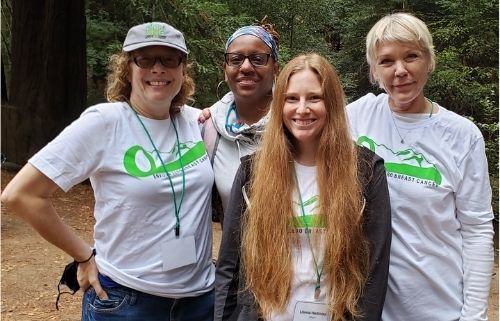
As you may have heard or noticed, this is Breast Cancer Awareness month, and Zero Breast Cancer has a lot going on!
One in eight women will get breast cancer in her lifetime, and breast cancer can affect people of all genders. While we can't control whether we get breast cancer and it's not our fault if it happens to us, there are some things we can do individually and as a community to make it less likely. Check out our 13 Ways to Reduce Your Risk of Breast Cancer campaign and our page on Risk Factors We Can Change Together to learn about simple actions that can reduce the risk of breast cancer and its recurrence.
Read more: What's Happening at ZBC During 2021 Breast Cancer Awareness Month
- Details
-
Published: Tuesday, 28 September 2021 14:03
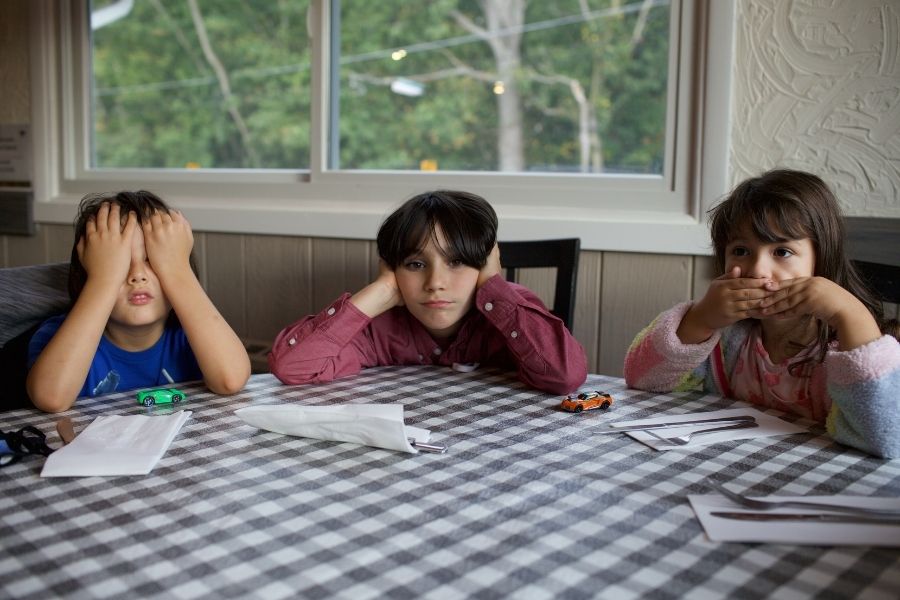
Is your child struggling with anxiety, stress, and frequent tantrums? It could be that they need to get more sleep.
Sleep is an essential bodily function that allows the mind and body to recharge. Not having enough of it can affect a child’s ability to concentrate, process information, and think clearly(1).
Sleep quality plays an essential role in a child’s physical and mental health. Children who often don’t get enough sleep eventually experience a host of other problems(2).
Read more: How to Help Kids Overcome Stress and Insufficient Sleep by Ruth Riley
- Details
-
Published: Tuesday, 27 July 2021 11:10
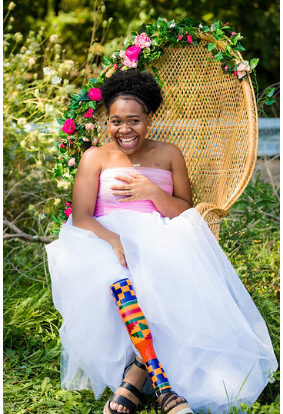
Christine Jon’el is a young, Black woman living with an amputation who has survived cancer two times. When we first spoke with her a few months ago, her passion for calling out ableism and racism in breast cancer was clear. We are grateful that she agreed to be interviewed so we can share her insights with you!
Read more: Christine Jon'el On Ableism and Racism in Breast Cancer
- Details
-
Published: Friday, 23 July 2021 12:27
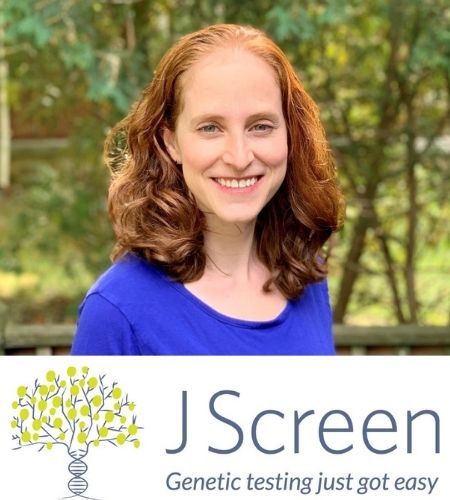
As a genetic counselor for the last 10 years, I've counseled patients about their cancer risks and guided them through the genetic testing process. I help them decide if genetic testing is right for them and explain how their test results might impact their physical and mental health. We discuss next steps and how to use this information to empower their health and their lives. We talk through their emotions and fears. Sometimes we just sit in silence. Every patient's journey is unique, and their feelings are complex.
Read more: Genetic Counseling for Breast Cancer by Emily Goldberg
- Details
-
Published: Friday, 11 June 2021 16:11
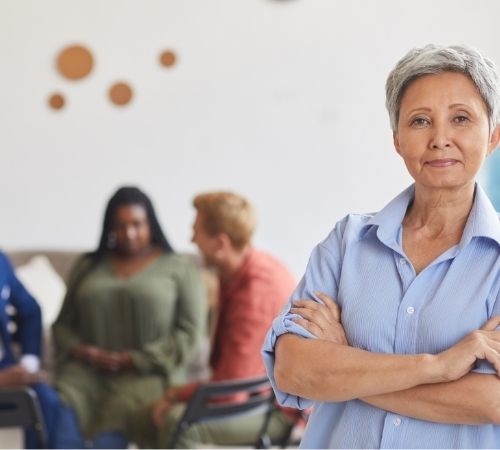
When my friend Mara felt a lump in her right breast in April 2019, her first reaction was panic. She got on the phone with me right away and asked me to come with her to the doctor.
After a few days of anxious waiting, we received confirmation that it was breast cancer. As I sat beside Mara outside the doctor’s office, I could see her whole spirit deflating.
I wasn’t sure how to help her, so I suggested we look for breast cancer support groups that she can join. Maybe if she connects with other people going through the same thing, she would feel less helpless and overwhelmed.
Read more: Benefits and Support You Can Get from Joining Breast Cancer Support Groups by Ruth Riley
- Details
-
Published: Monday, 19 April 2021 17:35
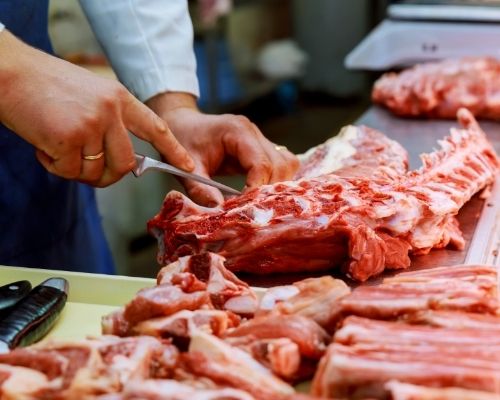
We know that eating red meat increases colon cancer risk, but what about breast cancer? This is a concern because cattle are given hormones, including estrogen, which is known to increase the risk of breast cancer. While this practice has been banned in Europe, it is common in U.S. feedlots to make cows gain weight more quickly. We don’t know what level of hormones ends up in the beef or how it might affect our health.
ZBC is partnering with the Public Health Institute investigator Dr. Gina Solomon and her team on a study to look at this question in the HAMBURGER (Hormones And Meat: does Beef Under-Regulation Generate Estrogenic Residues) Study. In 2020, we surveyed 41 stores to see what cuts of beef were being sold, at what price, and from which producers. (For team members who are vegetarian, this was an odd task!)
Read more: The HAMBURGER Study of Beef & Breast Cancer
- Details
-
Published: Monday, 12 April 2021 16:52

You are not alone if the social distancing requirements and complying with the need of living in a social bubble has left you feeling anxious, socially isolated and feeling depressed. You are among millions of people who are bearing the brunt of Covid-19’s psychological effects. Our exposure to the continuous feed of stimulating news and notifications over wifi devices, television and social media has made many of us, myself included, worry about the future. As a result, it has made us vulnerable emotionally and mentally. Adjusting to the new normal of being isolated was not easy. I found the thought of following the mundane routine daily with little or no avenues of recreation or in-person interaction made me anxious.
Read more: Top 5 Empowering Podcasts for Breast Cancer Survivors in 2021 by Shweta Chooramani
- Details
-
Published: Tuesday, 09 March 2021 11:21
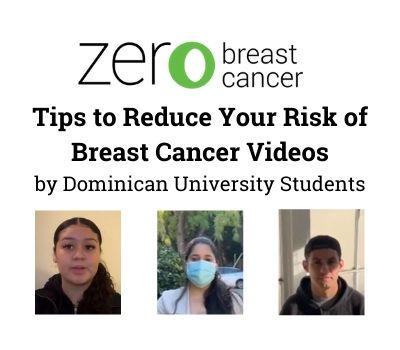
During the Fall semester of 2020, ZBC Program Director Lianna Hartmour had the privilege of working with Dominican University students Brianna Arevalo, Jorrane Martins Moreno, and Elias Muro on their Business Leadership Practicum. They created a survey for their peers, collected data in English and Spanish, and created three YouTube videos that were informed by survey results. Their videos were shared on ZBC social media accounts and are posted on YouTube. Check them out below!
Read more: College Students Create Videos to Reduce Peers' Risk of Breast Cancer











